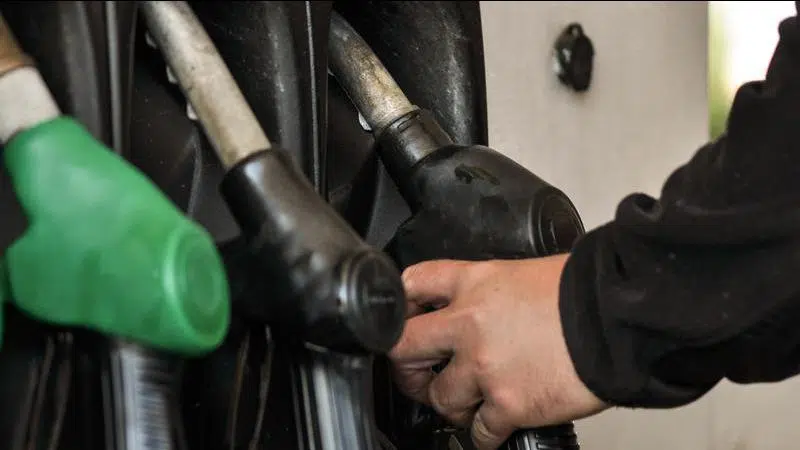
Petroleum Analyst says carbon tax isn’t working
CALGARY — The Federal Government says their version of the carbon tax is to hit the Alberta beginning in the new year, and drivers can expect to see gas prices go right back to where they were before the provincial tax was scrapped at the end of May.
Senior Petroleum Analyst with gasbuddy.com Dan McTeague says that drivers across Alberta will see a 4.6 cents per litre tax immediately on New Year’s Day 2020, with 2.3 cents to be added to that on April 1.
“I guess the party’s over. Ottawa is ending the party,” said McTeague. “And of course, every year it will increase by 2.3 cents a litre until April of 2022. That sounds like a long way off, but in fact it will push prices up to about… 12 cents a litre.”
The current federal carbon price is set at $20 per tonne on fossil fuels and is set to rise to $50 by 2022. However, the Parliamentary Budget Office says that may not be enough to meet its Paris Agreement targets, further adding that the price would need to be at least five times what it is now.


